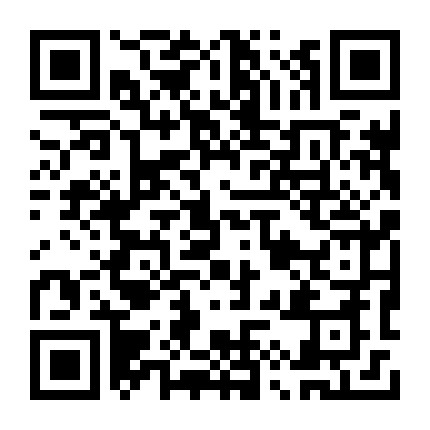虎的拼音怎么写
The first month of the year ushers in the year of the Tiger, Renyin. Allow me, dear reader, to delve into the fascinating topic of translating "tiger" into English, a fitting way to celebrate the New Year.

While "tiger" may seem straightforward, the Chinese "虎" isn't always so easily tamed in translation. Let us explore three guiding principles, gleaned from my years of experience.
Firstly, "see tiger, translate tiger". This literal approach employs direct translation. For instance, "虎年" (Year of the Tiger), "纸老虎" (paper tiger), "虎骨酒" (tiger bone wine), and "杭州动物园有许多老虎" (Hangzhou Zoo has many tigers) all utilize "tiger" directly. Proper nouns like places (虎门, 虎林) or names (虎妈, 张小虎, 葛虎毅) can be transliterated as "hu" or "Hu". Interestingly, golfer Tiger Woods exemplifies a hybrid approach, blending transliteration (Tiger) and translation (Woods, representing his surname "伍兹").
Secondly, "see tiger, omit tiger". Take "老虎钳" (tiger pliers). Originating from a popular Chinese brand featuring a tiger head, it became the generic term for pliers. Here, simply "pliers" suffices. Similarly, "虎皮鹦鹉" (tiger-skinned parrot), aptly named for its stripes, doesn't necessitate a literal translation. This, like "虎尾兰" (snake plant), possesses a unique English equivalent, rendering a descriptive approach redundant. This principle extends to "虎鲸" (orca), "虎将" (fierce general), and "虎耳草" (saxifrage), where direct English counterparts exist. Translating "英文虎报" (Hong Kong's The Standard) requires cultural awareness, as "tiger" is absent from its English title. Likewise, "老虎灶" (large water boilers) can be conveyed as "public water boilers" or "water dispensaries," highlighting their function over literal interpretation. Lastly, instruments like "老虎凳" (tiger bench) have established English equivalents, negating the need for "tiger."
Thirdly, "translate tiger" as something else. This cultural translation relies on conveying meaning over literal wording. Consider "拦路虎" (stumbling block). This phrase, originating from a tale of a bandit nicknamed "Roadblock Tiger", represents an obstacle. Given that "lion" holds a similar connotation in Western culture (blocking the path in biblical stories), translating "拦路虎" as "lion in the path" achieves cultural resonance. Similarly, "虎虎生威" (as majestic as a tiger) becomes "as proud as a lion". The Chinese term "虎牙" (literally "tiger teeth") refers to prominent canines. Here, "protruding canines" accurately reflects the meaning, replacing "tiger" with the more appropriate anatomical term.
Lastly, translating words with multiple meanings requires contextual awareness. "雌老虎" can denote a "tigress" (literal) or a "shrew" (figurative). "虎口" possesses various meanings, each demanding careful consideration. (Mingde)

